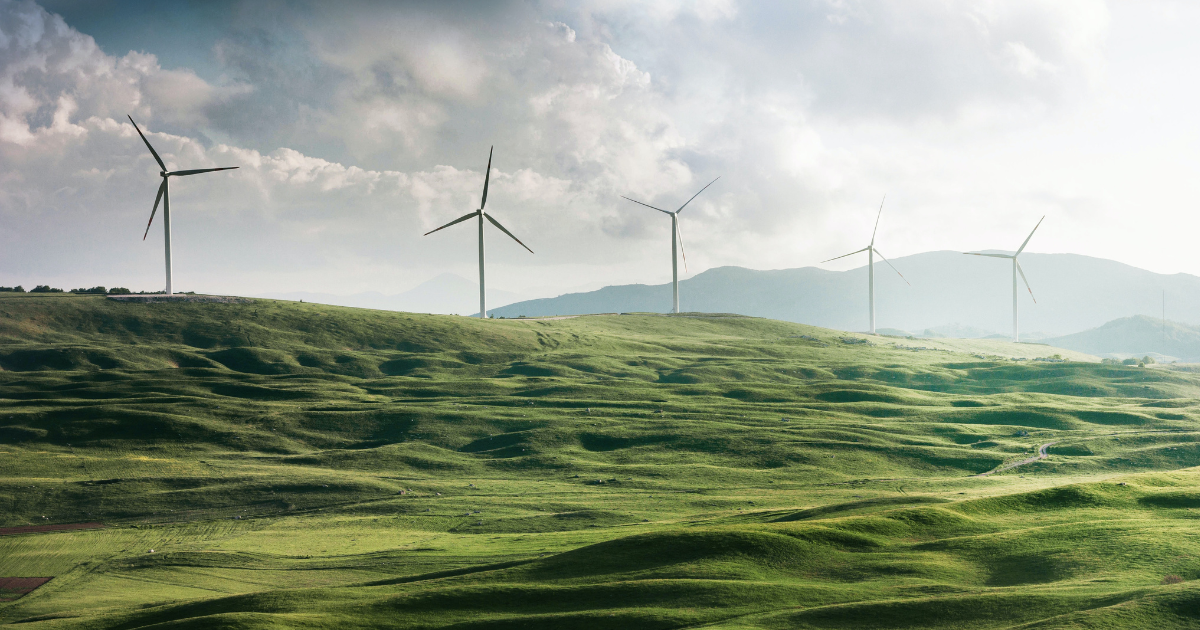Financing a Just Energy Transition
By: Lena Dente, Senior Programme Manager, Energy and Just Development
Recently, we explored the issue of climate finance where we argued that accessible, affordable, and flexible climate financing is essential for the transition to a low-carbon economy and for building resilience to the impacts of climate change. Renewable energy is a key component of climate mitigation, and therefore a major focus of climate finance.
As we approach COP28, knowing that the global renewables target is increasingly in discussions, we thought it makes sense to explore what are the key finance issues related to renewable energy and the energy transition?
Scaling–up investment:
First and foremost, global investment in renewable energy needs to increase significantly in order to meet global climate goals. According to the International Renewable Energy Agency´s (IRENA) World Energy Transitions Outlook 2023, 2022 saw a record high global investments of USD 1.3 trillion into technologies needed to power the energy transition.
The sobering reality is:
Annual investments need to at least quadruple if we want to remain on track to achieve 1.5°. Several efforts are underway, including multilateral funds aimed at increasing funding for renewable energy and exploring innovative financing mechanisms such as blended finance. But more is needed from all relevant stakeholders including public, private and multilateral investors.
Reducing risk:
Renewable energy projects, which are often large, multiyear projects, can be perceived as risky by investors, due to factors such as government stability – or lack thereof, geopolitical changes, and regulatory uncertainty. This can make it difficult to attract finance, particularly in developing countries. Governments and development organizations can support capacity building for private investors in renewable energy. This can help private investors to assess the risks and rewards of renewable energy projects
Mobilising private sector finance:
Private sector finance is essential for scaling–up investment in renewable energy. However, there are multiple barriers influencing how effectively and easily the private sector can invest. For example, high upfront costs linked to long project timelines may be less attractive to private sector stakeholders since they are often looking for a shorter payback period. As governments around the world create policies to support the ambitious targets for reducing greenhouse gas emissions and increasing the use of renewable energy, there is still a great deal of uncertainty about how these targets will be achieved, and what role the private sector will play. This uncertainty can discourage investors from making long-term investments in clean energy.
Ensuring equity:
We are not only talking about an energy transition, but in fact we are focusing on a just and equitable energy transition. Climate finance should be distributed equitably, ensuring that developing countries have access to the resources they need to transition to a low-carbon economy and to build up their green energy infrastructure. Many developing countries are disproportionately affected by climate change, and they have less capacity to finance the transition. For the developing world, a key aspect is reducing the cost of capital.
However, ensuring equity goes beyond funding the hardware needed for a transition and extends to issues such as job displacement and required skills training, understanding the community impacts, and supporting communities that face economic and social hardships as they transition away from fossil fuels.
Achieving a clean energy future
The global energy transition is an unprecedented challenge, but it is also an opportunity to build a more sustainable and equitable future, that leaves no one behind. By scaling up investment, reducing risk, mobilising private sector finance, and including equity concerns in decision making, we can build a clean energy future that benefits everyone. The energy transition is not just about hardware. It is also about ensuring a transition that is fit for future generations.




